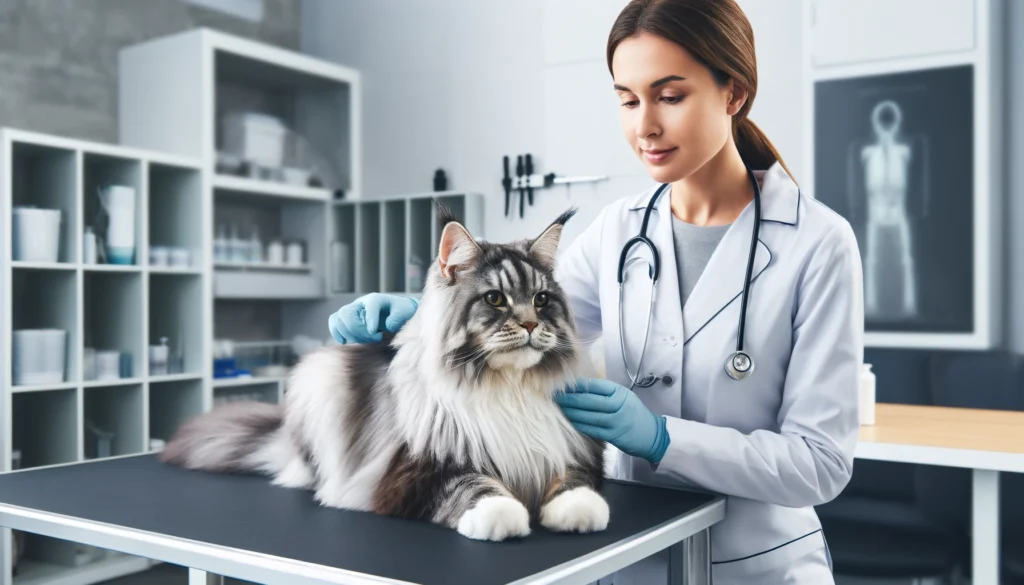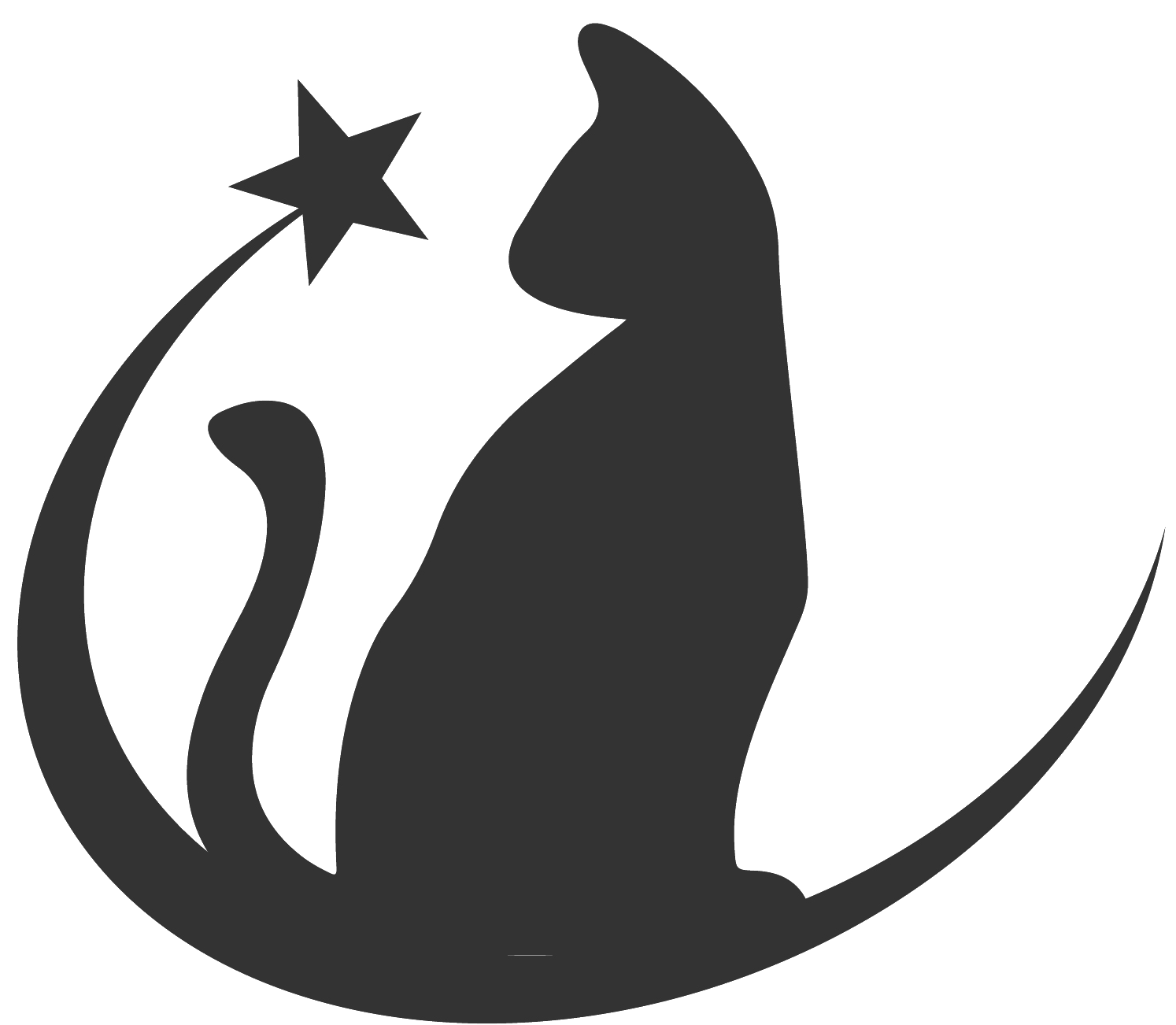
Maine Coon cats, known for their majestic appearance and gentle demeanor, are one of the most beloved cat breeds worldwide. These cats are not only cherished for their size and beauty but also for their friendly and sociable nature. To ensure they live long, healthy lives, it’s crucial for owners to be well-informed about their specific health needs and longevity factors.
Health and Longevity in Maine Coon Cats
Maine Coon cats have an average lifespan of 12 to 15 years, though some can live even longer with proper care. Their longevity depends on a combination of genetics, diet, exercise, and regular veterinary care. Understanding these factors can help cat owners provide the best possible care for their feline companions.
Factors Influencing Longevity
Several factors influence the longevity of Maine Coon cats, including:
- Genetics: Genetic predispositions can affect health and lifespan. Responsible breeding practices can minimize the risk of hereditary diseases.
- Diet: A balanced diet with all essential nutrients is critical for maintaining health.
- Exercise: Regular physical activity helps keep cats fit and prevent obesity-related issues.
- Healthcare: Routine veterinary check-ups and preventive care are essential for early detection and treatment of health problems.
Common Health Issues in Maine Coon Cats
Maine Coon cats are prone to certain health conditions, including:
- Hypertrophic Cardiomyopathy (HCM): A common heart disease in Maine Coons, which can lead to heart failure if not managed properly.
- Hip Dysplasia: This genetic condition affects the hip joints, causing pain and mobility issues.
- Polycystic Kidney Disease (PKD): A genetic disorder leading to the development of cysts in the kidneys, potentially resulting in kidney failure.
- Spinal Muscular Atrophy (SMA): A genetic disease affecting muscle function and leading to muscle weakness.
Early detection through genetic testing and regular veterinary care can help manage these conditions effectively.
Diet and Nutrition
Proper nutrition is the cornerstone of a healthy life for Maine Coon cats. Their diet should include a balance of proteins, fats, and carbohydrates, along with vitamins and minerals.
Essential Nutrients for Maine Coon Cats
- Proteins: Essential for muscle development and repair.
- Fats: Provide energy and support skin and coat health.
- Carbohydrates: Supply energy and support digestive health.
- Vitamins and Minerals: Crucial for overall health and immune function.
Best Food Choices for Maine Coon Cats
High-quality commercial cat foods are designed to meet the nutritional needs of Maine Coons. Look for foods that list meat as the first ingredient and avoid those with fillers like corn or soy.
Homemade Diets: Pros and Cons
While homemade diets can be tailored to a cat’s specific needs, they require careful planning to ensure nutritional balance. Consulting with a veterinarian or a pet nutritionist is essential when considering a homemade diet.
Exercise and Activity
Maintaining an active lifestyle is vital for the health and well-being of Maine Coon cats. Regular exercise helps prevent obesity and related health issues.
Importance of Regular Exercise
Exercise supports cardiovascular health, maintains a healthy weight, and provides mental stimulation. Without enough activity, cats can become overweight and develop behavioral problems.
Engaging Activities for Maine Coon Cats
Interactive toys, climbing trees, and puzzle feeders can keep Maine Coons engaged and active. Providing a variety of activities helps prevent boredom and promotes physical fitness.
Preventive Healthcare
Regular veterinary care is essential for preventing and managing health issues in Maine Coon cats. Preventive measures can significantly enhance their quality of life.
Regular Vet Check-ups
Annual or bi-annual vet visits are crucial for early detection of health problems. Routine exams can catch issues before they become serious, ensuring timely intervention.
Vaccination Schedules
Keeping up with vaccinations protects Maine Coons from infectious diseases. Discuss with your vet the appropriate vaccination schedule for your cat.
Parasite Prevention and Control
Parasites like fleas, ticks, and worms can cause significant health problems. Regular use of preventive treatments can keep these pests at bay.
Grooming and Hygiene
Maine Coon cats have long, thick fur that requires regular grooming to prevent mats and tangles. Good grooming practices also contribute to overall health.
Grooming Needs of Maine Coon Cats
Brushing their coat several times a week helps reduce shedding and prevents hairballs. It also allows for early detection of skin issues.
Bathing and Brushing Tips
While Maine Coons are generally good at keeping themselves clean, occasional baths can help maintain their coat’s condition. Use cat-specific shampoos and follow up with thorough brushing.
Genetic Health Considerations
Understanding the genetic health of Maine Coon cats can help prevent and manage hereditary conditions. Genetic testing can provide valuable insights.
Understanding Genetic Testing
Genetic tests can identify carriers of specific diseases, allowing breeders to make informed decisions. This helps reduce the incidence of genetic disorders in future generations.
Breeding Practices and Health
Responsible breeding practices involve selecting healthy parents to reduce the risk of hereditary conditions. Breeders should prioritize health and temperament over appearance.
Mental and Emotional Well-being
A happy Maine Coon cat is a healthy one. Ensuring their mental and emotional well-being is as important as physical health.
Signs of a Happy Cat
Playfulness, purring, and affectionate behavior are signs of a content cat. Monitoring these behaviors can help gauge their well-being.
Environmental Enrichment Ideas
Providing a stimulating environment with plenty of toys, scratching posts, and safe outdoor access can enhance a cat’s quality of life. Mental stimulation is key to preventing boredom and behavioral issues.
Senior Maine Coon Care
As Maine Coons age, their care needs change. Adjusting their routine can help them enjoy their senior years comfortably.
Adjusting Care for Older Cats
Older cats may require special diets, more frequent vet visits, and modifications to their living environment to accommodate mobility issues.
Recognizing Age-Related Issues
Arthritis, dental problems, and cognitive decline are common in older cats. Early detection and treatment can improve their quality of life.
FAQs
How long do Maine Coon cats typically live?
Maine Coon cats have an average lifespan of 12 to 15 years, though some can live longer with proper care.
What are common health issues in Maine Coon cats?
Common health issues include hypertrophic cardiomyopathy, hip dysplasia, polycystic kidney disease, and spinal muscular atrophy.
What should I feed my Maine Coon cat?
A balanced diet with high-quality proteins, fats, and carbohydrates is essential. High-quality commercial cat foods are usually the best choice.
How often should I groom my Maine Coon cat?
Maine Coons should be brushed several times a week to prevent mats and tangles and reduce shedding.
What are the signs of a happy Maine Coon cat?
Playfulness, purring, and affectionate behavior are signs of a happy cat. Regular interaction and mental stimulation are important.
How can I ensure my Maine Coon cat’s mental well-being?
Providing a stimulating environment with toys, scratching posts, and safe outdoor access can enhance their mental and emotional health.
Ensuring the health and longevity of Maine Coon cats involves a holistic approach that includes proper nutrition, regular exercise, preventive healthcare, and mental stimulation. By understanding their specific needs and providing comprehensive care, owners can help their Maine Coons live long, happy, and healthy lives.
Sources:
